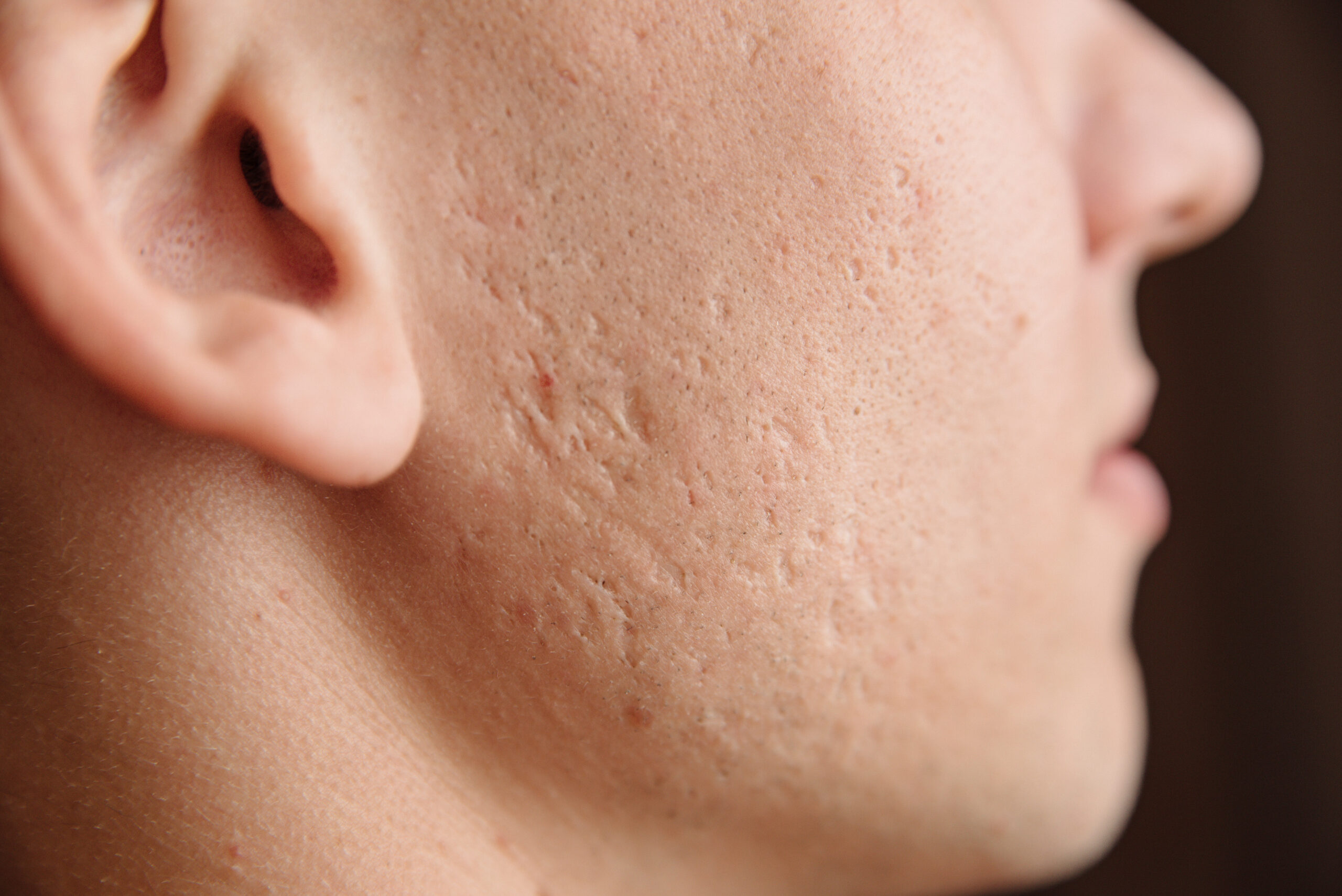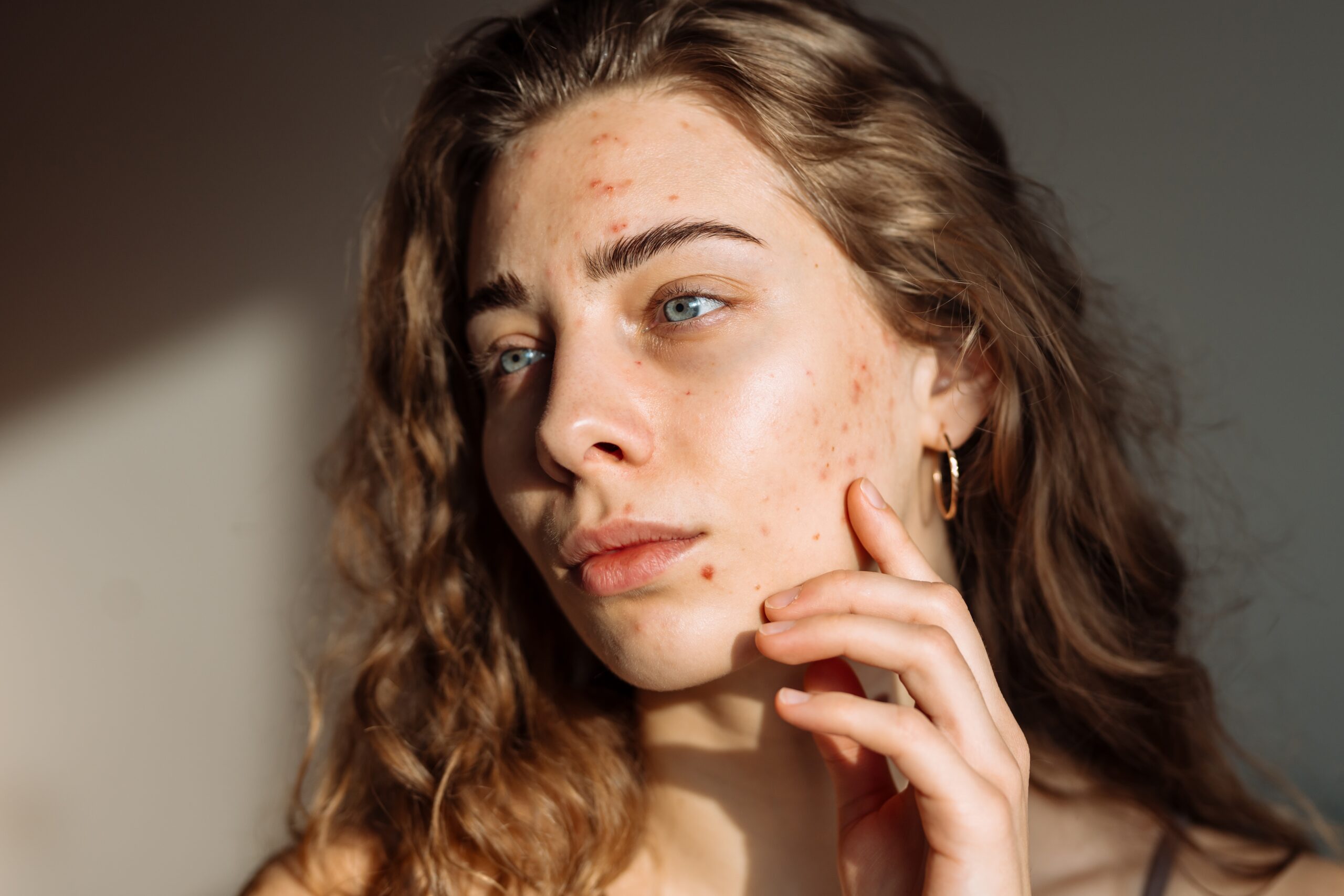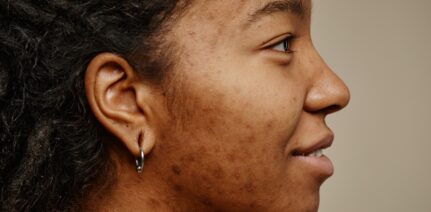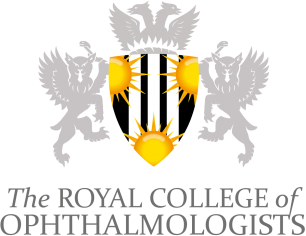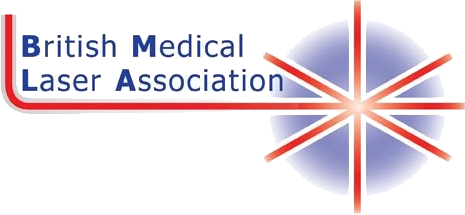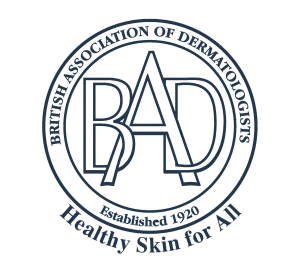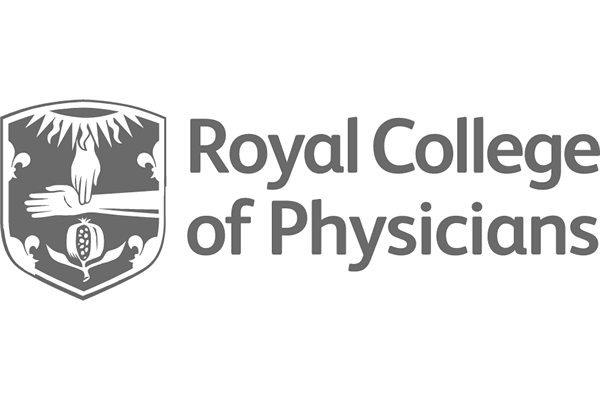Acne can affect the face, chest and back and is often a painful and uncomfortable condition. Our experts recognise the huge psychological impact that acne and acne scarring has on patients’ confidence and well-being. Acne is not only a condition that affects teenagers but can frequently persist and recur in people in their 20’s, 30’s and 40’s.
At 152 Harley Street, we have experts from a wide range of specialities that are trained and experienced in the treatment and prevention of acne and acne scarring. Our aim is to tailor available treatments to patients’ individual condition, offering an array of cutting-edge and bespoke therapies for inflammatory acne and acne scarring.
We understand that everyone’s skin is different and that acne affects individuals in different ways. The type of acne or acne scarring, which treatments have been tried before, an indivuduals’ skin type, and age, all affect the treatment that is right for you. Therefore, we employ a holistic approach to treatment to ensure that you receive a unique pathway, suited to your individual needs.
Inflammatory acne
Acne, also known as acne vulgaris is a skin condition that occurs when the hair follicles become filled with debris from dead skin cells and excess oil (sebum). These collections within the follicles are knows as comedones. These comedones can be closed (white) comedones and open (black) comedones. Both types of comedones are pre-cursor lesions for acne spots.
The spots appear as red, swollen and sore bumps due to collections of inflammatory cells deep in your skin. There are three types of inflammatory acne spots: pustules, nodules, and cysts. A pustule is a bump raised on the surface of your skin that contains pus – which is a by product of the inflammation. A nodule is a large, hard bump buried beneath your skin. A cyst is a large, soft, fluid-filled bump beneath your skin.
If pimples persist and inflammation is excessive, the contents of the pimples can then spread into your skin, causing your body’s immune system to react by sending white blood cells, which causes a lot more redness, swelling, pus and tenderness that is typical of inflammatory acne.
Therefore, the characteristic lesions of acne include blackheads, whiteheads, pimples, spots, nodules and cysts. Often redness (erythema) after the inflammation, and/or post inflammatory pigmentation and scarring can be left on the skin after the acne clears.
Acne scarring
As a result of acne, some people experience acne scars which may only become apparent after the acne has settled. Acne scarring can have a negative psychological impact on sufferers and therefore at 152 Harley Street, we specialise in improving the appearance of scarring.
Depressed acne scars form when there is loss of dermal collagen due to deep seated acne inflammation. These are called atrophic scars and are the commonest type and are further subdivided into rolling, ice pick and boxcar scars. Raised acne scars form when the body produces too much collagen. Raised acne scars generally occur more often among those with darker skin tones.
When acne scars are treated an individualised approach is best as each type requires a different approach to treatment due to the nature of the scar.


